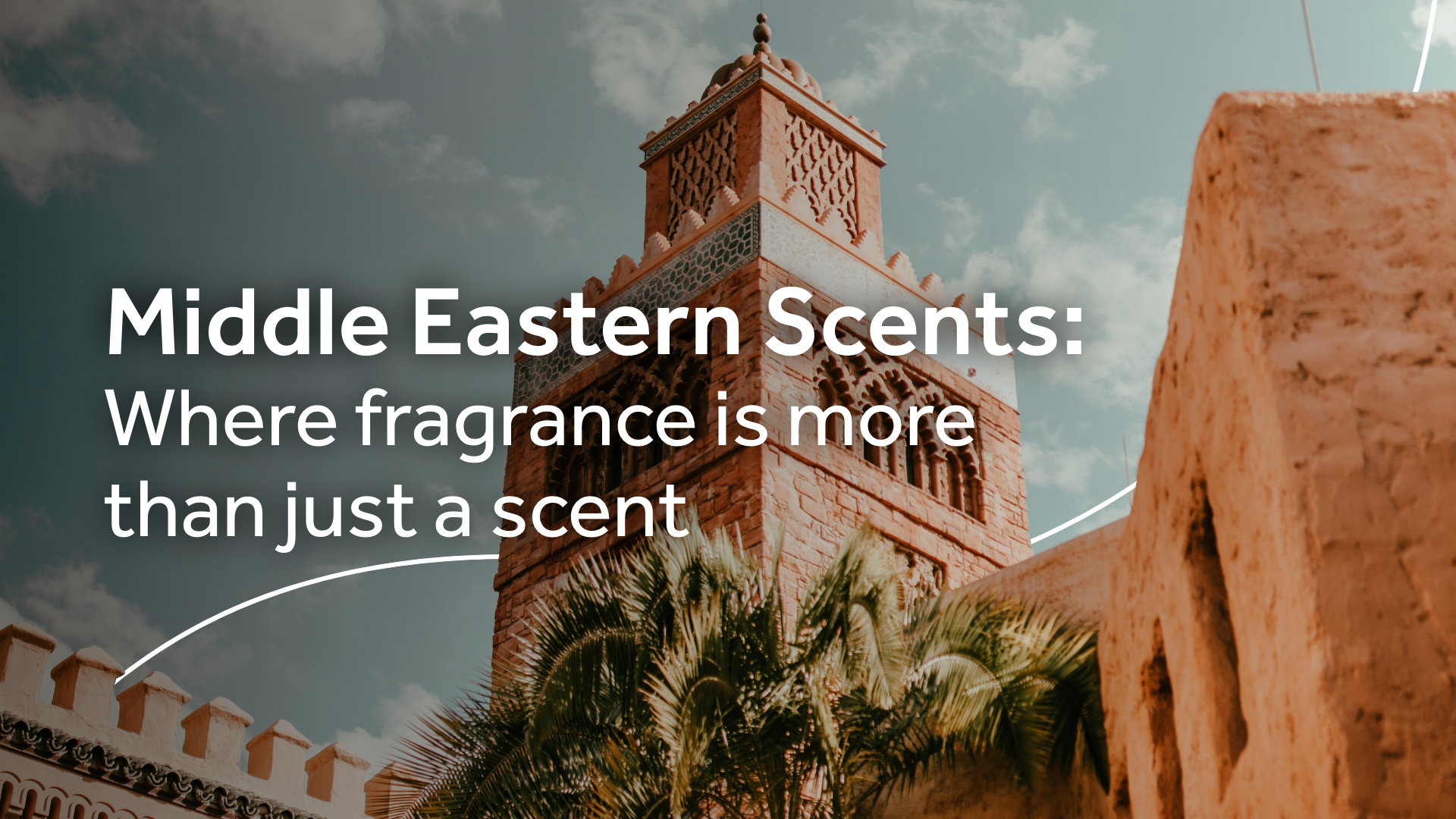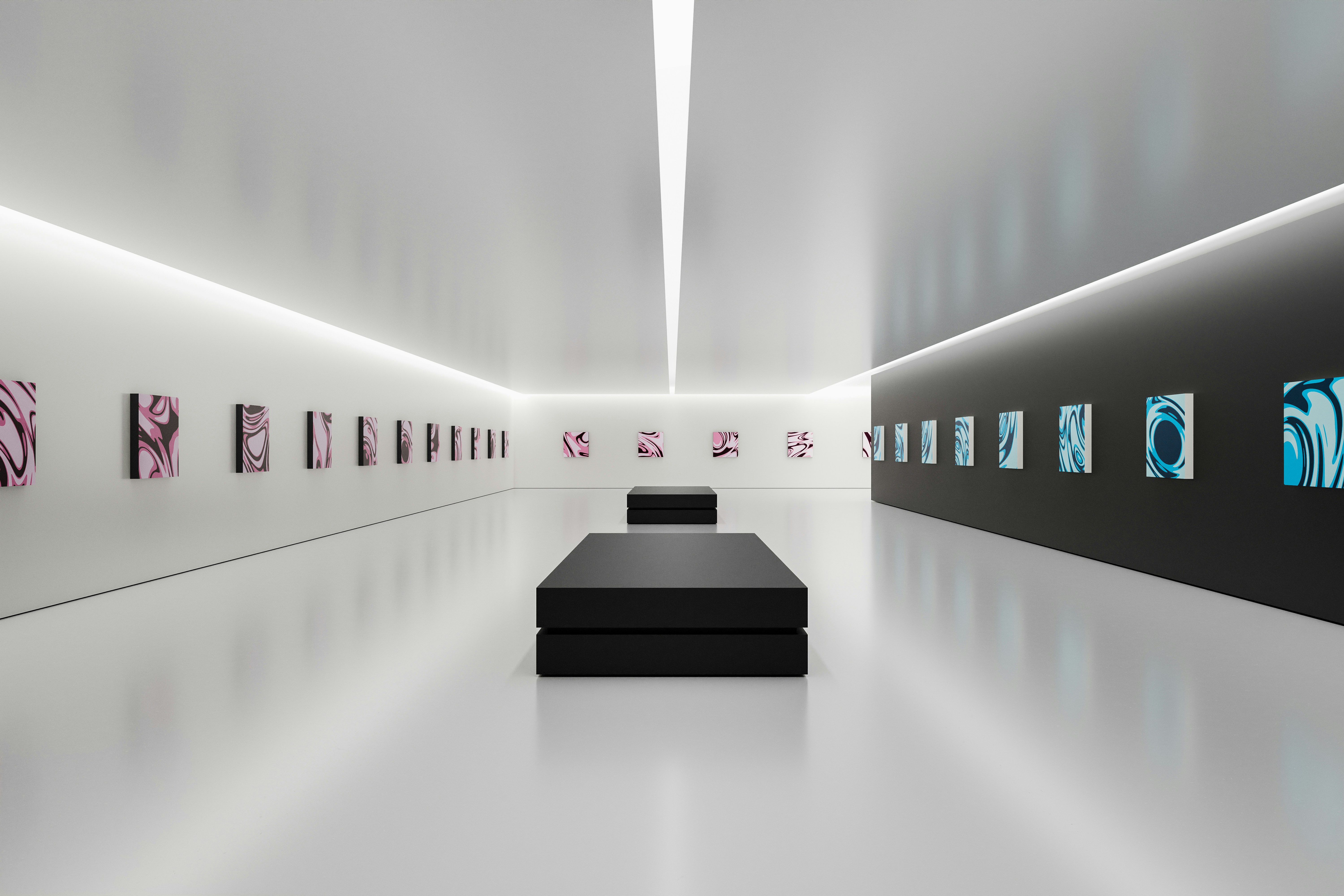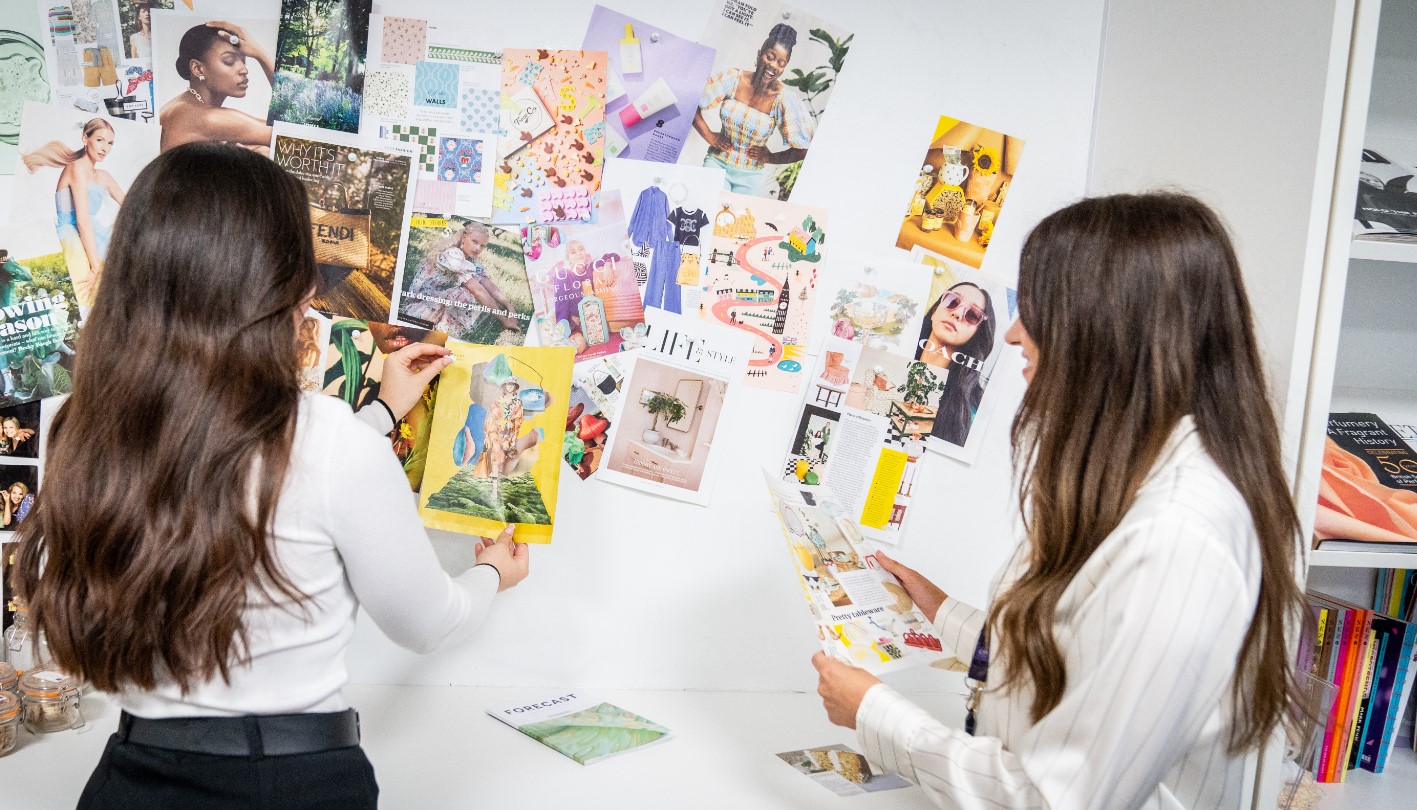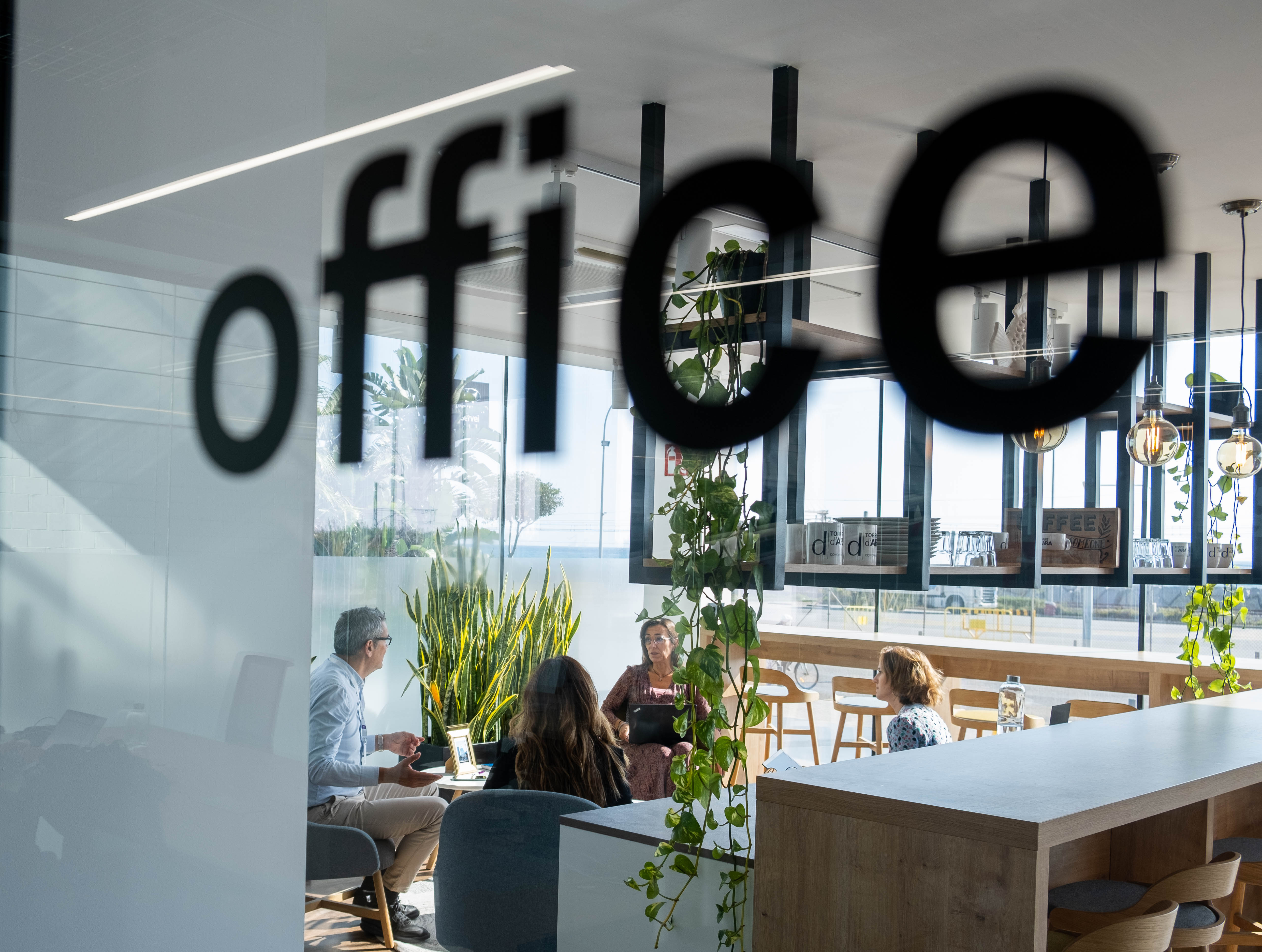Featured | 29 August 2023
Middle Eastern Scents: Where fragrance is more than a scent
In many parts of Middle Eastern culture, fragrance is more than just a scent. It's a way of life. It’s entwined with rituals, celebrations, and society.

From the Black Iris of Jordan to the roses of Ta'if in Saudi Arabia, frankincense trees in Oman, and Persian saffron to the region’s ubiquitous oud wood, the classic scents of the Middle East evoke the irresistible spirit of the Arabian Nights.
In the centre of a melting pot of ancient culture and glittering cosmopolitanism lies Dubai, the host of the headquarters of CPL Aromas in the Middle East, established for almost 20 years, together with its regional manufacturing centre. This is the first and still is the only fragrance manufacturing facility in Dubai. Its operation has not only improved year-on-year but has become more sustainable – the latest example of which is the incorporation of solar panels to reduce its energy footprint.
Today the division is composed of a vibrant team of more than 100 employees and 16 nationalities. A key member of this team is our Global Perfumery Director, Christian Provenzano. In his decades in the company and years in Dubai, Christian has acquired a thorough understanding of the local markets, specialising in reimagining traditional Arabian scents for a modern audience.
CPL Aromas Middle East now reaches far and wide, including very diverse markets such as the GCC (Saudi Arabia, the UAE, Oman, Kuwait, Qatar, Bahrain) the Levant, Turkey, and Egypt, while also assisting the India division, together with Pakistan and Sri Lanka.
Understanding how and why fragrance is a vital part of daily life in most of the countries that make up the regions within our CPL Middle East division is key to our successful, sustainable fragrance creation that will appeal to local and global consumers. We also work with local partners to develop fragrances that are inspired by the region's rich culture and history. We are fortunate to have the only production facility in the UAE, meaning that we can deliver swiftly on-brief.
The Importance of Fragrance in the Middle East
Fragrance has always been an important part of life in the Middle East. From ancient times, people in the region have used fragrant oils and perfumes to express themselves, connect with others, and mark special occasions.
Trays of scents are offered in traditional homes so guests can perfume themselves as gestures of goodwill, and homes and clothes are fragranced with incense-like smoke known as bakhoor, made by burning chips of oud wood.
Perfumes are an essential part of the grooming routines of both men and women here, as well as an indicator of cleanliness and good taste. Most fragrances and scent notes, including bold florals and deep, sensual oud, are considered unisex. Scents are used in multiple formats and styles, most often layered over one another, and wearing one single fragrance isn’t a typical practice.
The goal is to create a unique scent that can't be easily identified. The result is a complex and intoxicating fragrance that is truly one-of-a-kind. It's the perfect way to express your personality and leave a lasting impression on those around you.


